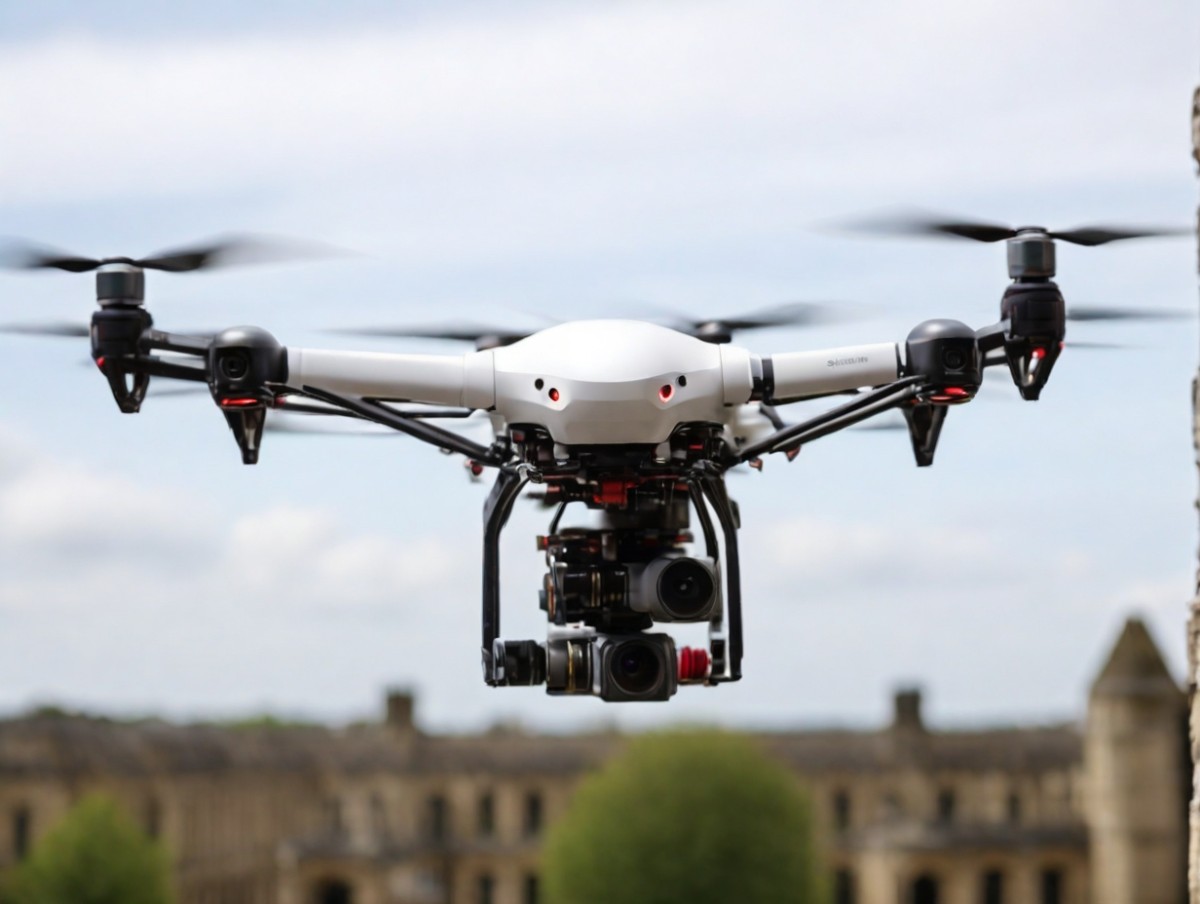In an ambitious move aimed at revolutionizing public sector productivity, the UK government is set to unveil a groundbreaking £800 million package for technology reforms in the forthcoming Budget announcement.
Spearheaded by Chancellor Jeremy Hunt, the initiative seeks to leverage cutting-edge artificial intelligence (AI) and drone technology to streamline operations within crucial sectors such as healthcare and law enforcement.
Transforming public services with AI and drones
Under the proposed plans, AI technology will be harnessed to tackle the perennial issue of NHS waiting times, with the ambitious goal of reducing them by a third. Additionally, drones are slated to be deployed by police services to swiftly respond to road collisions, potentially revolutionizing emergency response protocols.
These measures are poised to not only enhance efficiency but also alleviate the burden on frontline workers, enabling them to focus on delivering essential services.
A vision for fiscal responsibility and efficiency
Speaking ahead of the Budget announcement, Chancellor Jeremy Hunt emphasized the imperative of fiscal prudence, asserting that responsible financial management is intrinsic to conservative principles.
The proposed reforms, he contends, are geared towards maximizing productivity and eliminating inefficiencies within the public sector. By redirecting resources towards priority areas such as education, public safety, and healthcare, the government aims to optimize outcomes for citizens while safeguarding future generations from undue financial burdens.
Controversy and cost-cutting measures
However, the proposed reforms have not been without controversy, with tens of thousands of civil service jobs potentially at risk as part of cost-cutting measures. The government aims to slash expenditures by as much as £1.8 billion by 2029, prompting concerns over job security and the impact on public service delivery.
Chancellor Hunt asserts that such measures are necessary to combat wasteful spending and refocus efforts on core responsibilities, such as teaching, law enforcement, and healthcare provision.
Global implications of UK technological investments
The UK’s bold foray into AI and drone technology is poised to have far-reaching implications beyond its borders. As a global leader in innovation, the implementation of these cutting-edge solutions could serve as a blueprint for other nations grappling with similar challenges.
The potential of AI to revolutionize healthcare delivery and emergency response systems underscores the transformative power of technology in addressing complex societal issues. Moreover, the deployment of drones in law enforcement heralds a new era of efficiency and responsiveness in public safety initiatives.
Balancing innovation and responsibility
As the UK prepares to unveil its Budget, the convergence of AI and drones in public sector reforms underscores the government’s commitment to driving technological innovation while upholding principles of fiscal responsibility.
While the proposed measures hold promise for enhancing efficiency and service delivery, they also raise important questions regarding job displacement and equitable access to emerging technologies. As the global community watches with interest, the UK’s approach to leveraging AI and drones may well shape the future of public sector governance and service provision on a global scale.





